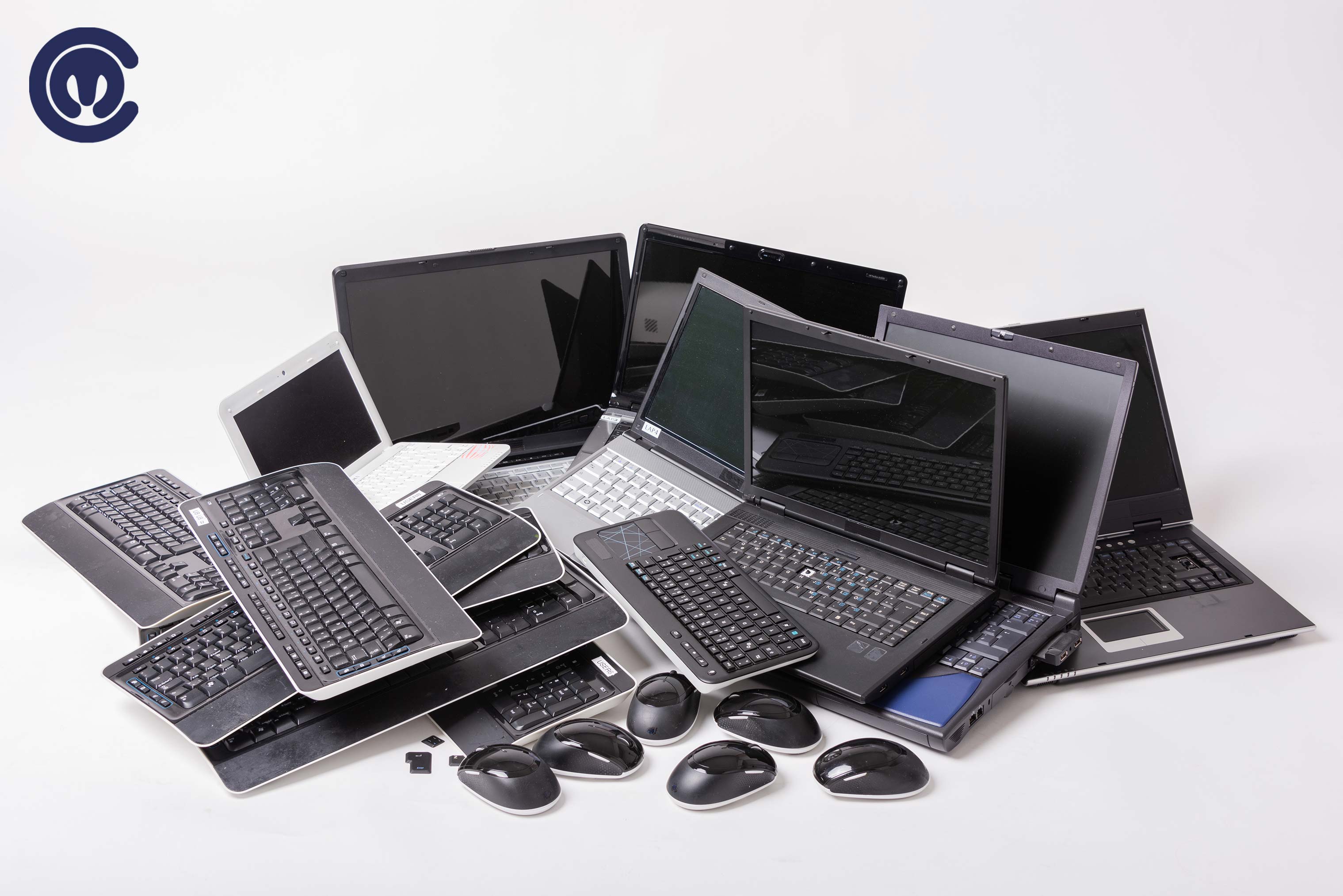
18 Sep What Does ITAD Mean?
In the 1980s, computers started to make a big impact on the world. Just 15 years later, they had become a staple in every household and business, with no signs of slowing down. Now there are over 2 billion computers in use around the world, and over 5.3 billion mobile devices. But despite all of this popularity, many people still don’t put a lot of thought into what they will do with those devices when they reach the end of their life. After all, you can’t just throw it away – so what do you do with it? That’s where ITAD comes in.
What Does ITAD Stand For?
In its literal form, ITAD stands for IT Asset Disposal (or Disposition). This is the business practice of disposing of obsolete or unwanted equipment in a safe and ecologically responsible manner. So rather than putting your IT equipment straight in the bin, you ensure the data on them is effectively erased, and devices are recycled in an environmentally friendly way
ITAD companies (like us) can help you get rid of your excess IT equipment, decommission your offices or even your data centres. Once we’ve collected the equipment from you, we will take it through the process of securely erasing all data, thoroughly wiping hardware and leaving the memory completely clear. During this process we will also do refurbishment work (where possible) to prepare a device for re-use. Where this can be sold on, we pass a portion of the profits back to you, and where it can’t we ensure it is disposed of in a secure, sustainable way.
Why Is ITAD Important?
As far as IT business practices go, ITAD is usually the last thing to be thought about. After all, it only comes into play when an asset is at the end of its lifecycle, so many businesses put off thinking about it until that point. But there are a lot of reasons businesses need to consider ITAD as part of their business strategy. For example:
- Data security laws mean that storage devices must be securely and thoroughly wiped, and all data destroyed.
- Ecologically sensitive materials must be disposed of properly, or businesses could face fines and potentially even prosecution.
- Charitable donations, giving away equipment or recycling it for future use is more socially and environmentally responsible.
One of the more important points from that list is data security laws. GDPR has changed a lot of things in the business world, and the way you deal with end of life IT equipment is definitely one of them. Your business is responsible for ensuring the secure disposal of IT assets and the data they hold, and need to be providing proof that you have taken the right steps to ensure it.
Of course, these rules also apply if you’re contracting an ITAD company to take care of it for you. When you do this, you need to make sure that both parties sign a contract agreeing that all data processing activities will comply with both the data controller (that’s you) specific requirements and the requirements set out by GDPR. This contract needs to be quite prescriptive, and has to detail duration, purpose and nature of data processing, as well as the type of data processed and the rights and responsibilities of the controller during the process. That might sound like a lot, but the good news is good ITAD companies will have all of this in their contract as standard.
At Charterhouse Müller, we specialise in secure ITAD for all industries and businesses, large or small. Our experts can help support you in managing end of life IT equipment, from removing it from your offices, to most importantly, securely removing your data from it. If you would like to find out more about our end of life and asset disposal services, just get in touch with us today.


